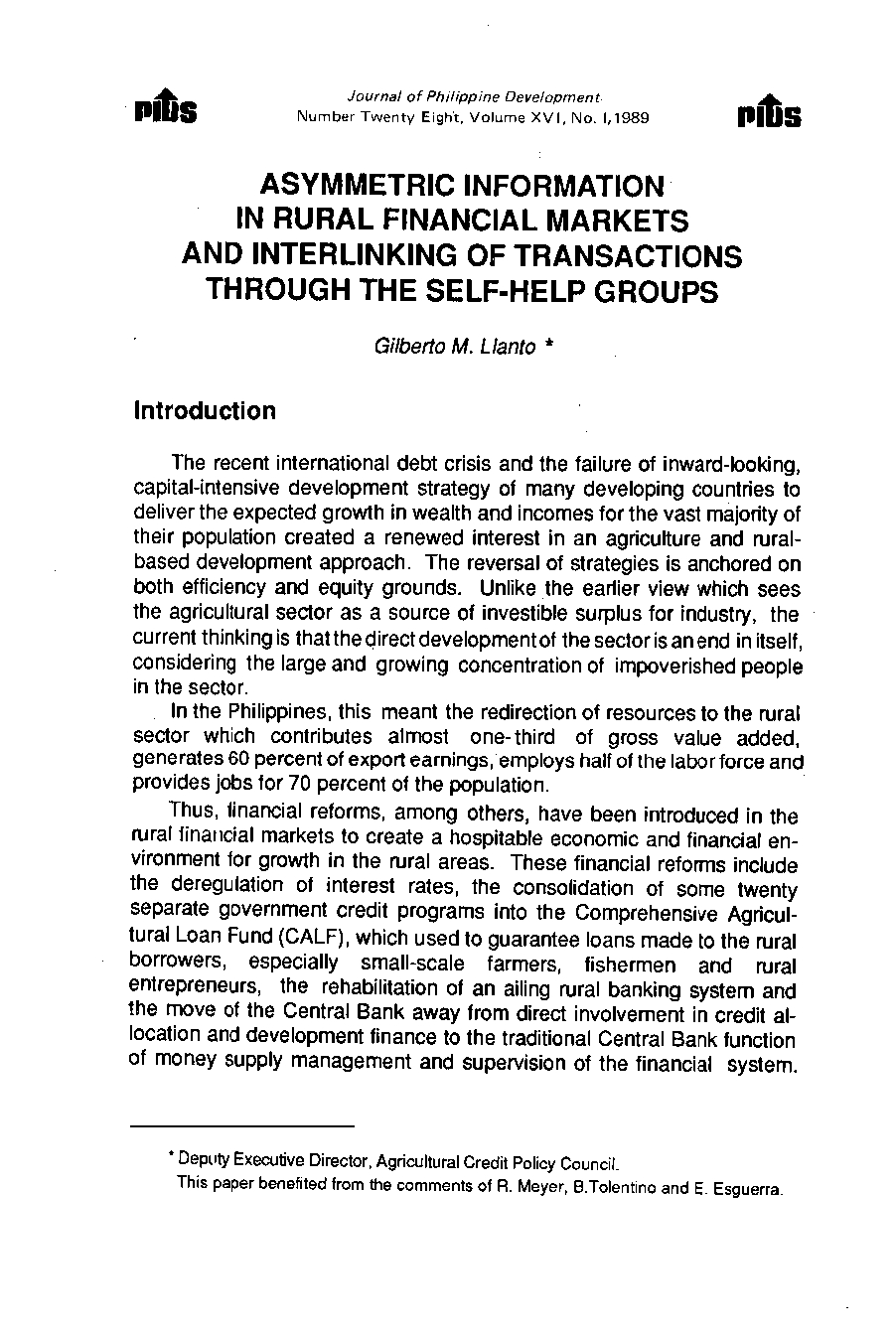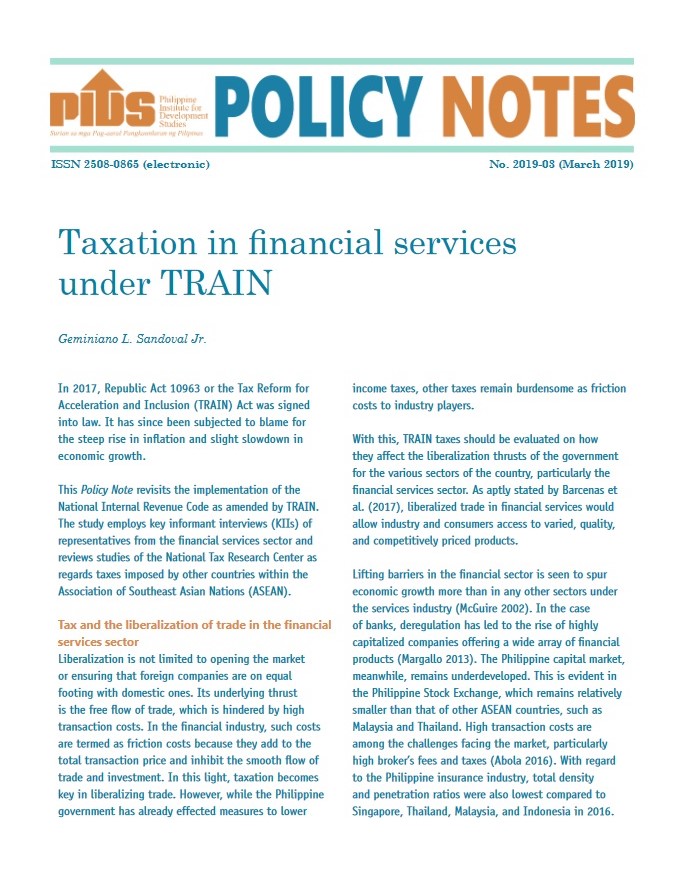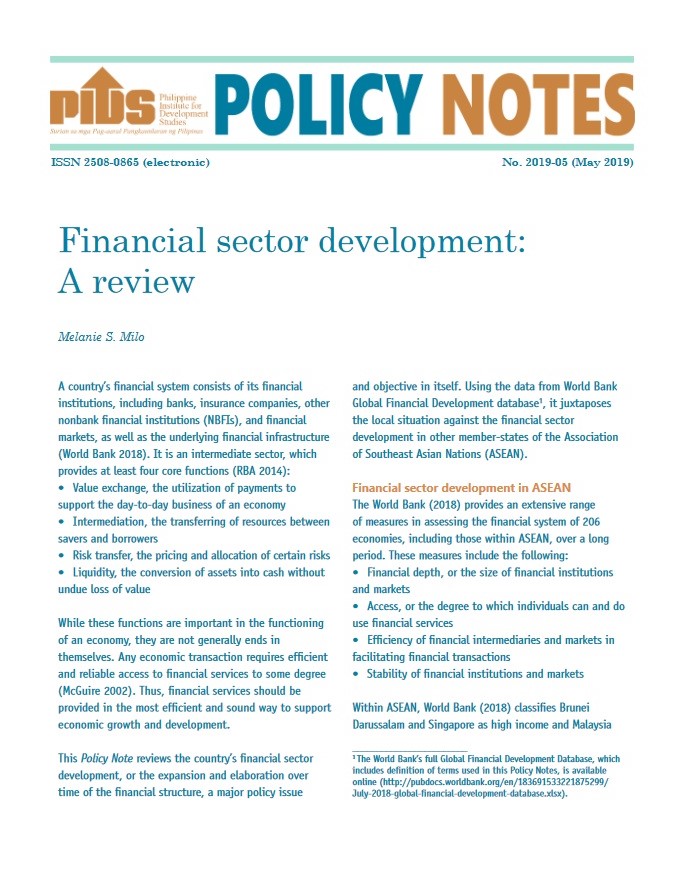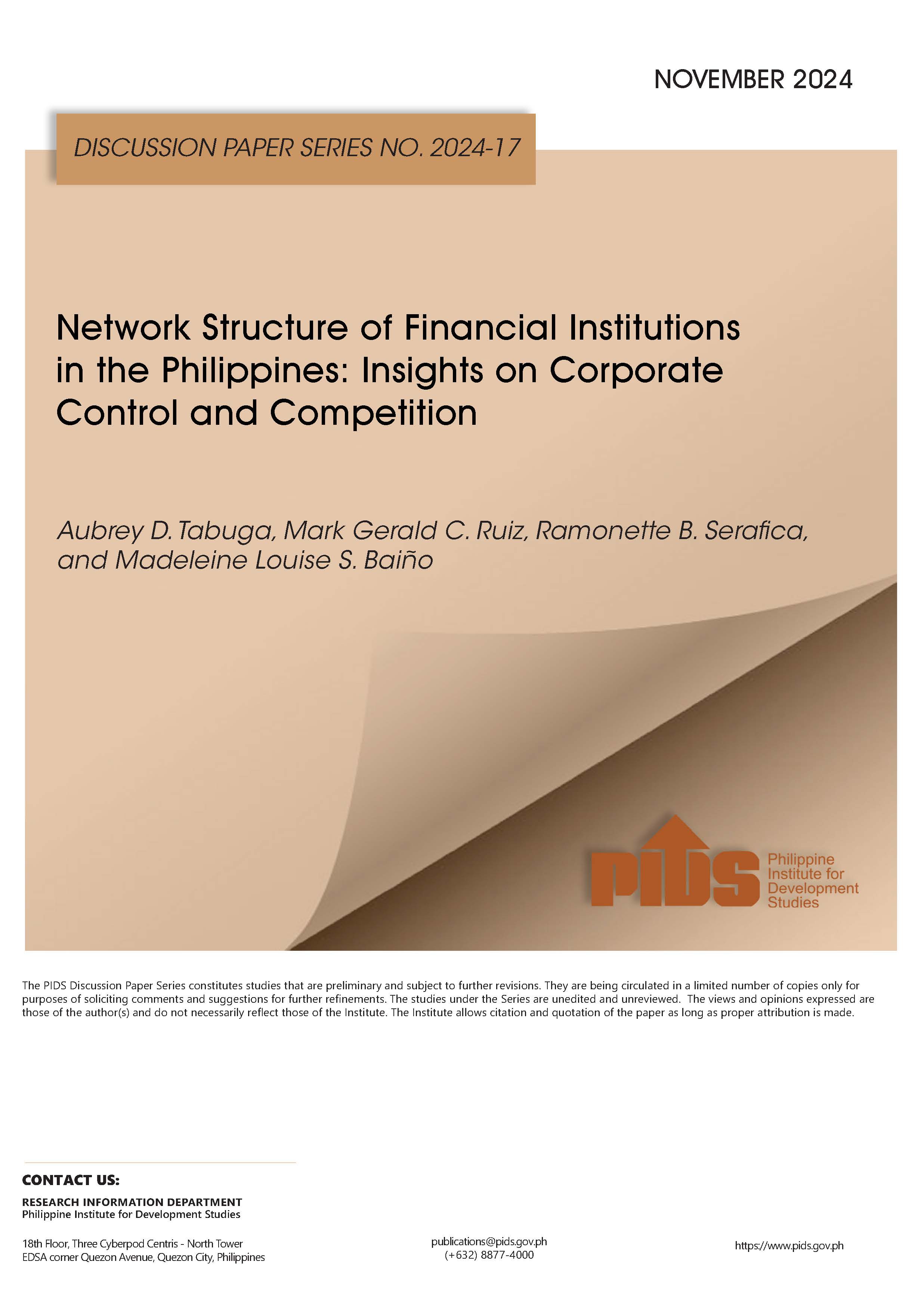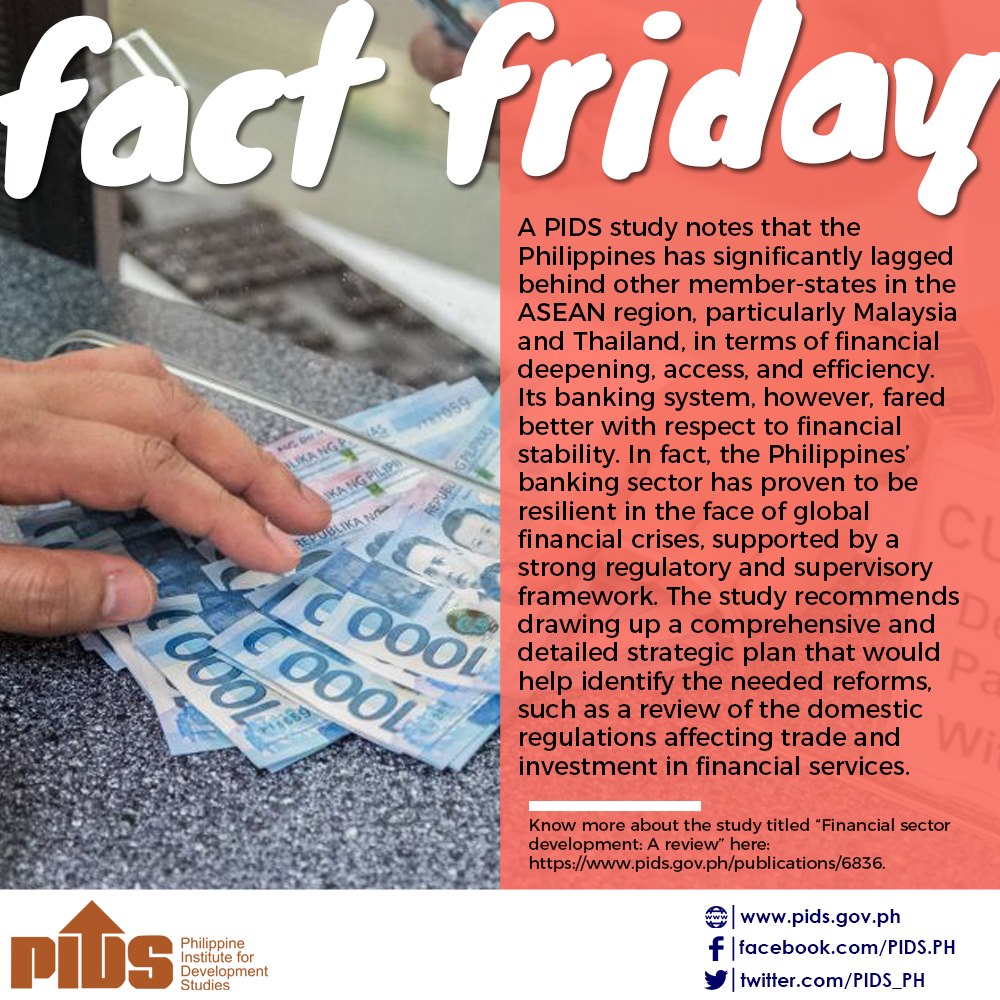One of the issues contending the rural borrowers, who are composed of small entrepreneurs, fishermen and farmers, is the access to financial services of formal financial institutions. With this fact on hand, this article discusses the issue within the framework of asymmetry of information existing in rural financial markets. It shows that the observed interlinking transactions between banks and various self-help groups provides a mechanism to ensure access to bank credit.
Citations
This publication has been cited 7 times
In other Publications
- Dela Cruz, Alma. 2007. Contractual arrangements in agriculture (Northern and Central Luzon component). Discussion Papers DP 2007-21. Philippine Institute for Development Studies.
- dela Cruz, Alma. 2007. Contractual arrangements in agriculture (Northern and Central Luzon component). Development Economics Working Papers 22626. East Asian Bureau of Economic Research.
- Kumar, Dr.B. Pradeep. 2017. Financial vulnerability among tribes in rural areas: Certain observations from a study. MPRA Paper 82425. University Library of Munich, Germany.
- Kumar, Dr.B. Pradeep. 2014. Access to finance and human rights. MPRA Paper 80336. University Library of Munich, Germany.
- Kumar, Dr.B. Pradeep. 2016. Institutional response to the problem of access to finance: Evidence from the tribal economy of Kerala. MPRA Paper 82430. University Library of Munich, Germany.
- Kumar, Dr.B. Pradeep. 2011. Financial exclusion: A theoretical approach. MPRA Paper 89864. University Library of Munich, Germany.
- Saldana, Cesar G. 2000. Assessing the economic value of credit guarantees. Philippine Journal of Development JPD, 37, no. 1. Philippine Institute for Development Studies.

